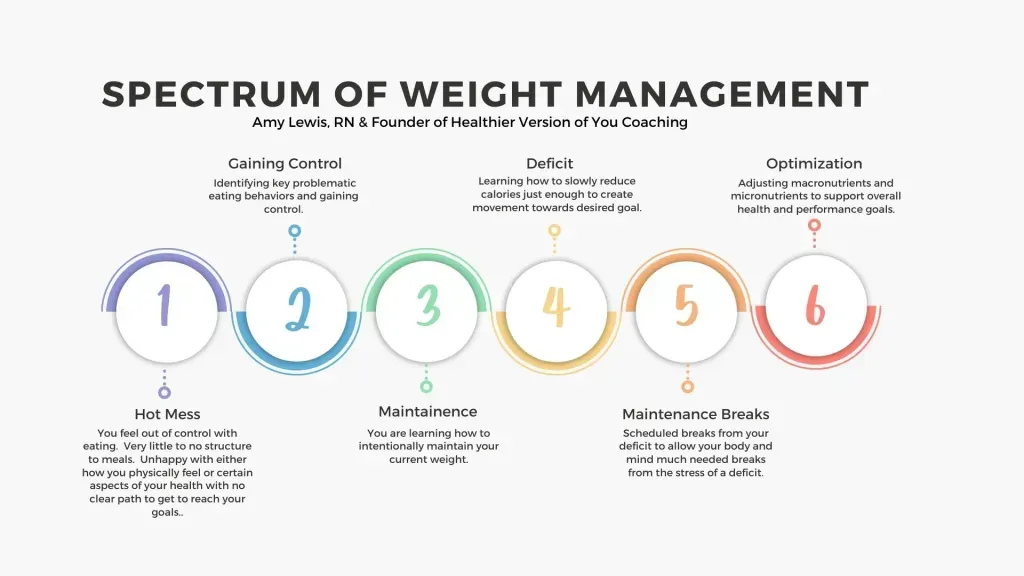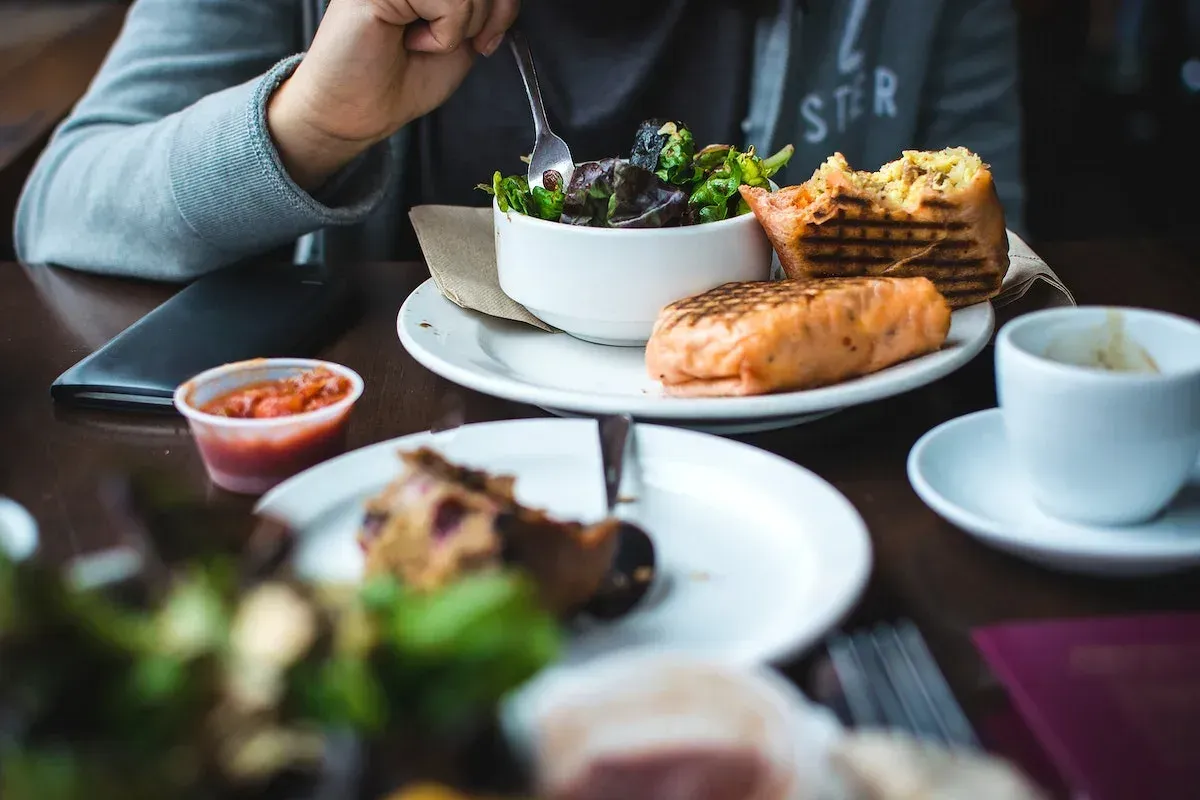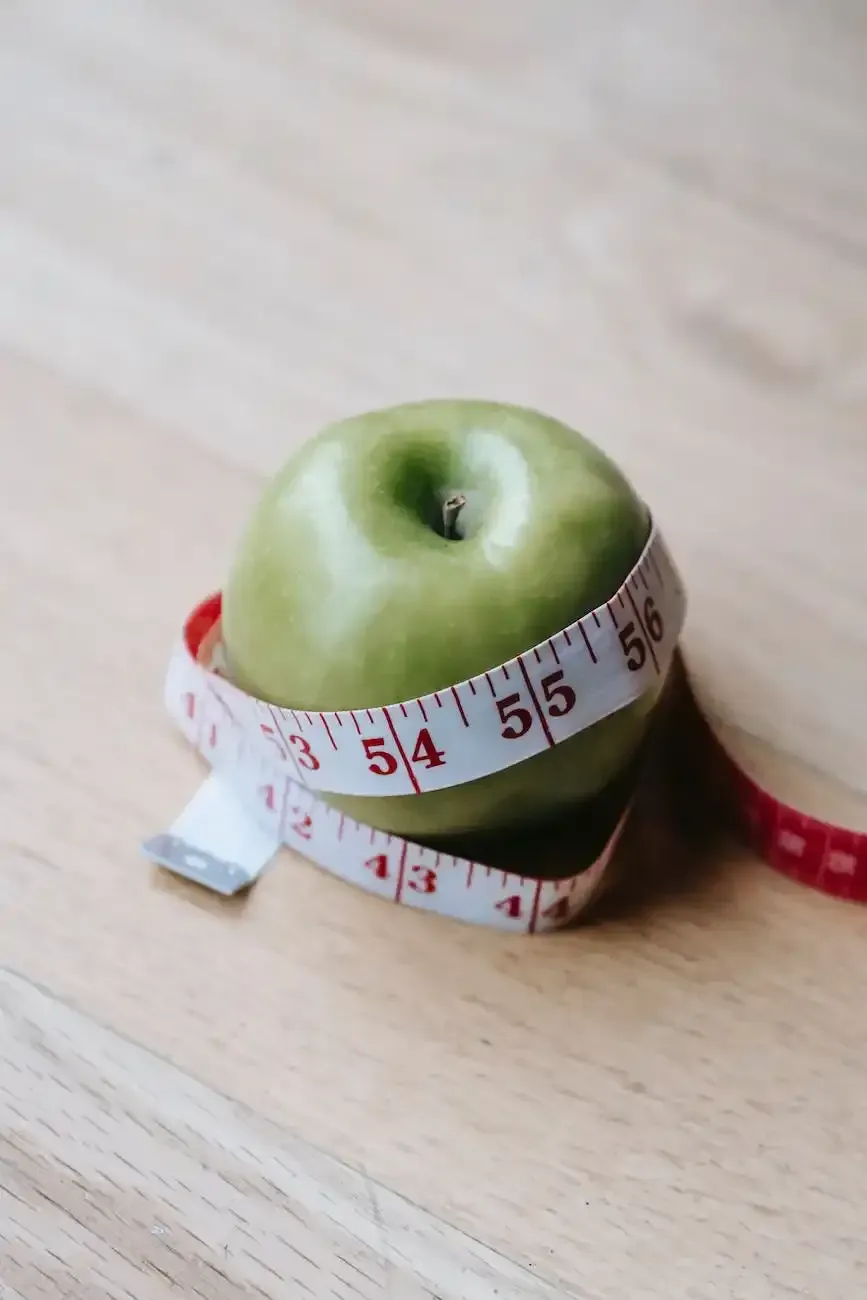Protein: How much you should be eating and the easiest way to add more.

Why is protein so important?
Protein is one of the key macronutrients in food, along with carbohydrates and fats. It is found in food that come from both plants and animals. Protein is made up of amino acids, which our bodies use in many ways from repairing muscle & bone to helping make hormones and enzymes. It is utilized in every organ in our body.
A higher protein intake increases levels of the satiety, aka: your appetite suppression hormones GLP-1, peptide YY and cholecystokinin, while reducing your levels of the hunger hormone ghrelin. Which is why it is recommended as a key ingredient in successful weight loss.
How much protein should I eat?
For optimal protein levels you should eat 0.7-1g of protein per pound of realistic goal body weight.
- If you want to weigh 150 pounds, then you should aim for 105g-150g of protein per day.
- Protein is best absorbed when intake is spread throughout your day.
Practical ways to increase.
- Start where you are and make slow incremental increases to your protein intake.
- Preplan your day to make sure you can meet your daily goal.
- Whenever you normally eat protein, double your portion.
- Egg whites are an easy low calorie, high-protein addition to any egg breakfast. You can even sneak it into oatmeal and other dishes.
- Protein powder is extremely versatile. You can make shakes, you can mix it into coffee, oatmeal, yogurt, cereal… You can find many ways to add it to many different foods.
- I start my day with Fairlife Nutrition Plan Milk. It comes in small, individual white bottles. 30g of protein! Caramel is my favorite to mix with 6oz of dark roast cold brew.
- Greek yogurt, I have pretty much every day as an afternoon snack. I mix Dannon Light and Fit Vanilla Greek yogurt with fresh fruit and Fiber One cereal to get my daily allotment of fiber + 12g of protein.
- Lean meats like chicken breast are an easy addition. I buy the Foster Farms Grilled Chicken Breast, or buy extra chicken if I am cooking some anyways. Have it in the fridge ready to go to add to most meals.
- Add fish to your dinner rotation. Most fish is high in protein, salmon is my favorite not only because it’s delicious but also for the benefits of omega-3 fatty acids. Tuna is another versatile option.
- Protein bars. Most evenings I have a Pure Protein bars 20g protein, my favorite is Deluxe Chocolate or Mint Chocolate Chip. I also really like Robert Irvine FitCrunch bars 16g protein, Chocolate Peanut Butter and Mint Chocolate Chip.
Bottom line.
Calories first, then optimize your protein intake. It’s best to take it slow, find different ways that you can incorporate into your day. Most people start around 70g and incrementally increase over time. Keep protein as a priority at every meal and eventually it will become easier. I easily hit 110’s of protein a day, and can increase up to 150g as needed.
Once you can consistently hit your protein within your target range going higher is not necessarily better. Your rate of return on protein starts to fade out after that number unless you are an elite athlete which anyone reading this isn’t LOL (hate to burst your bubble). Plus you start investing so many calories into protein that you either are going over your daily calories and gaining weight or you don’t have the room for the fat and carbs needed for performance or enjoyment of life. 0.7g-1g per pound of body weight is the Goldilocks spot, just the right amount to optimize your nutrition but not so high that you can’t enjoy life and feel great doing it.
If you have great ways that you add protein into your diet please add them below for others to try.








